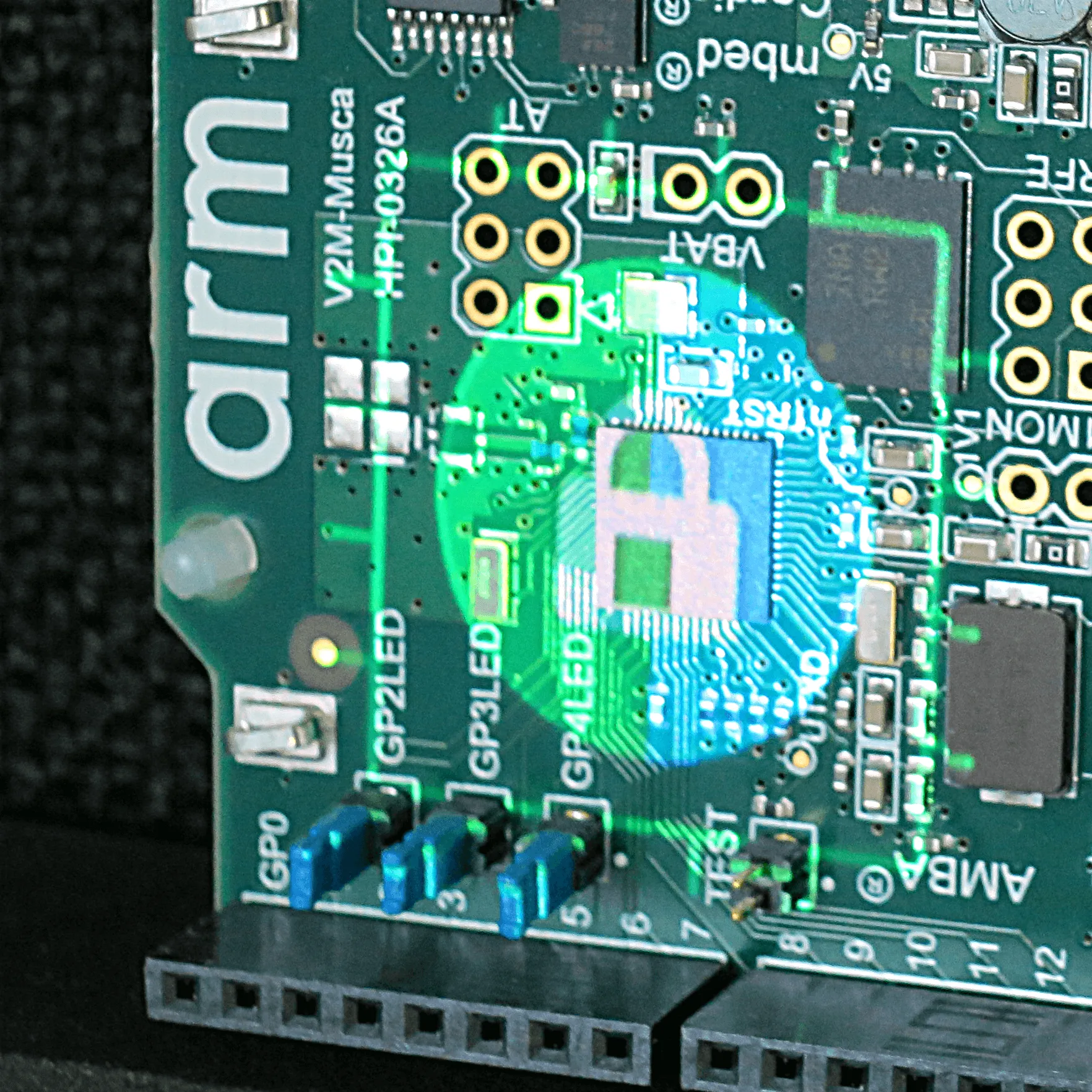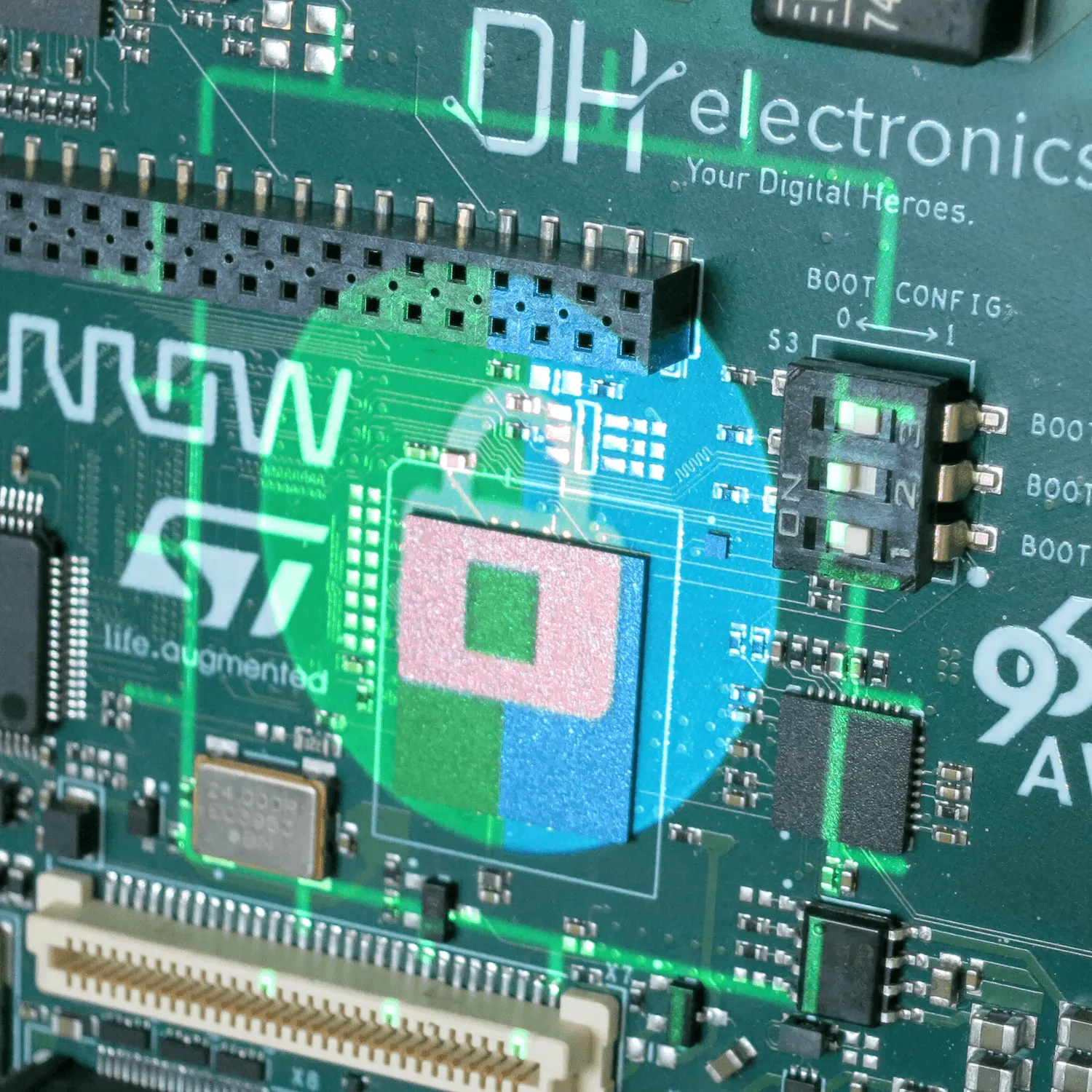Introduction
Trusted Firmware-A has come a long way since its first commit in 2013, ten years and counting!
Co-incidentally, the latest official TF-A Release increments to the same number - v2.10.
It is tagged across multiple repositories – TF-A, TF-A Tests, Hafnium, TF-A OpenCI Scripts & Jobs and Realm Management Monitor (RMM) 0.4.0 components.
Highlights
The main highlights comprise:
- Continued support for 2022 Architecture extensions
- TF-RMM alignment against RMM 1.0 EAC5 spec
- CPU support for Gelas, Nevis and Travis
- Crypto-cell removal - 712/713 (deprecated since TF-A 2.9)
- Enhanced FF-A 1.2 Support
- Added support for 5 new platforms
The whole content of the release is described on the respective TF-A (1), TF-A-Tests (2) and Hafnium (3) and TF-RMM (4).
-
Architecture extensions support:
- Arm v8.9 | 2022 Architecture extension support enabled for FEAT_HAFT,RPRFM, LRCPC3, and MTE_PERM
- Non Secure SME support in RMM
- PAC+ BTI support enabled in RMM and Realm
- CPU support added for Gelas, Nevis and Travis cores
-
TF-A | EL3 Root World :
- Firmware handoff Library Support : transfer list APIs and Firmware Handoff build option
- Improvements to BL31 runtime exception handling
- Context management refactoring for RME/4 Worlds
-
Boot Support :
- Trusted Boot support for ECDSA (Elliptic Curve Digital Signature Algorithm) P- 384 keys
- Migrated to PSA crypto API’s (Except for authenticated decryption feature. Also, mbedTLS legacy crypto APIs will still be supported for some time)
- Improved the GUID Partition Table (GPT) parser
- Various security Improvements and threat Model updates for ARM CCA
- Completed PSA Attestation Support
-
Hafnium | S-EL2 SPM :
- Continued support for FF-A v1.2 - FFA_YIELD with time-out; EL3 SPMDs LSPs communication; memory sharing updates
- Memory region relative base address field support in SP manifests
- Interrupt re-configuration hypervisor calls
- Memory management: S2 PT NS/S IPA split
- SMCCCv1.2+ compliance fixes
- Feature parity test improvements for EL3 SPMC and Hafnium
-
TF-RMM | R-EL2:
- TF-RMM aligned to RMM 1.0 EAC5 spec
- Initial CBMC Support
- Added TF-RMM Threat Model to the documentation support
- Added capability to privately map the per-CPU stack in RMM
-
TF-A Tests:
- Added support for errata management firmware interface tests
- Added support for firmware hand-off tests
- Test support for SMCCCv1.2 extended GP register set
- Added PAC and PMU support in Realm tests
-
Platform Support :
- Support for Aspeed AST2700, NXP IMX93, Intel Agilex5,Nuvoton and ST platforms
-
Errata ABI:
- Added 13 CPU Errata mitigations(1xCortex-X2, 1xCortex-A710, 4xNeoverse N2, 4xNeoverse V2, 2xCortex- X3 CPU, 1xCortex-A510)
-
Qemu Platform Support
- SDEI support added
- Firmware handoff support implemented
- QEMU virt platform is now supported in TF-RMM
-
mbedTLS Update to 3.4.1
-
Crypto-cell support for 712/713 removal ( deprecation announced in TF-A 2.9)
- https://trustedfirmware-a.readthedocs.io/en/v2.10/change-log.html#id1
- https://trustedfirmware-a-tests.readthedocs.io/en/v2.10/change-log.html#version-2-10
- https://hafnium.readthedocs.io/en/latest/change-log.html#v2-10
- https://git.trustedfirmware.org/TF-RMM/tf-rmm.git/tag/?h=tf-rmm-v0.4.0
About TrustedFirmware.org
TrustedFirmware.org is an open source project implementing foundational software components for creating secure devices. Trusted Firmware provides a reference implementation of secure software for processors implementing both the A-Profile and M-Profile Arm architecture. It provides SoC developers and OEMs with a reference trusted code base complying with the relevant Arm specifications. Trusted Firmware code is the preferred implementation of Arm specifications, allowing quick and easy porting to modern chips and platforms. This forms the foundations of a Trusted Execution Environment (TEE) on application processors, or the Secure Processing Environment (SPE) of microcontrollers.
TrustedFirmware.org is member driven and member funded.
To learn more about membership and its benefits, please see the following page or send a request for more information to enquiries@trustedfirmware.org.



